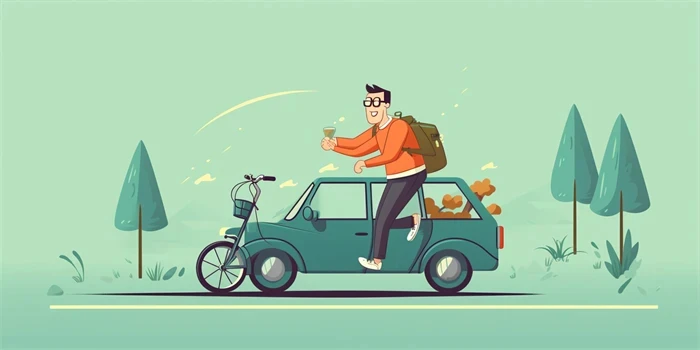Artificial intelligence (AI) has permeated various aspects of our lives, revolutionizing the way we work, communicate, and even create art. One area where AI is making significant strides is in poetry composition. With its ability to analyze vast amounts of data, understand linguistic nuances, and mimic human creativity, AI is reshaping the artistic landscape and challenging traditional notions of what it means to be a poet.

1. Enhancing creative capabilities:
AI-powered platforms like OpenAI’s GPT-3 are enabling poets to enhance their creative capabilities. By providing virtual assistance and generating suggestions, these tools can spark new ideas, offer alternative word choices, and even provide stylistic guidance. Poets can leverage AI as a collaborator, pushing the boundaries of their own imagination.
2. Exploring new poetic forms:
AI is not restricted by traditional poetic forms and structures, opening up a world of possibilities for experimentation. Through machine learning algorithms, AI can generate and explore new poetic forms, merging genres and creating hybrid compositions. This innovation allows poets to push beyond conventional boundaries and explore uncharted territories in their craft.
3. Combining art with data:
AI’s capacity to analyze large datasets can be leveraged to incorporate real-time data into poetry composition. By integrating scientific research, social media trends, or news headlines, AI-powered tools can create thought-provoking poetry that reflects the current zeitgeist. This intersection of art and data adds a new layer of depth to poetic expression.
4. Preserving poetic traditions:
While AI introduces new possibilities for poetry composition, it can also preserve and revitalize traditional poetic forms. Machine learning algorithms can analyze large collections of classic poetry, identifying patterns, themes, and styles. This knowledge can be used to generate new works that pay homage to the past while adding a contemporary twist.
5. Overcoming writer’s block:
Writer’s block is a common struggle for poets and artists alike. AI-powered tools can act as a source of inspiration and aid in overcoming creative hurdles. By offering prompts, generating random associations, or suggesting poetic devices, AI can help poets navigate through periods of creative stagnation.
6. Pushing the boundaries of language:
AI’s natural language processing capabilities allow poets to explore language in new and unconventional ways. By deconstructing and reconstructing words, generating neologisms, or experimenting with syntax, AI can help poets push the boundaries of language and create unique poetic expressions that challenge linguistic norms.
7. Fostering collaboration:
AI-powered platforms facilitate collaboration among poets, enabling them to come together in virtual spaces to create collective works. These platforms encourage the exchange of ideas, the merging of different poetic voices, and the creation of collaborative compositions. This collaborative aspect of AI in poetry composition can lead to a rich tapestry of diverse creativity.
8. Ethical considerations:
The use of AI in poetry composition raises ethical concerns. As AI tools are trained on existing texts, biases present in those texts can be perpetuated in the generated poetry. Developers must be vigilant in addressing bias and ensuring that AI-powered platforms promote inclusivity and diversity in their outputs.
FAQs:
Q: Can AI truly replicate human creativity in poetry composition?
A: AI can simulate human creativity to an extent, but it is important to recognize that it lacks the lived experiences and emotions that inform human artistic expression. AI can be a valuable tool, but it should not supplant human poets.
Q: Will AI replace human poets in the future?
A: AI may augment and enhance the creative process, but the unique perspectives and emotions brought by human poets cannot be replicated by AI alone. The role of human poets in interpreting and conveying the human condition remains essential.
Q: Are AI-generated poems considered “real” art?
A: The definition of art is subjective and evolving. AI-generated poems can be seen as a form of art, albeit one that challenges traditional notions of authorship and creativity. The artistic value lies in the interpretation and impact the poetry has on its audience.
References:
– Dathorne, O. R. (2018). Robot Companionship for Poets. African American Review, 51(2-3), 249-258.
– Nabi, R. L., & Oliver, M. B. (2020). Exploration mode on: The impact of AI-enabled poetic appropriateness on users?experience. New Media & Society, 1461444820907016.


